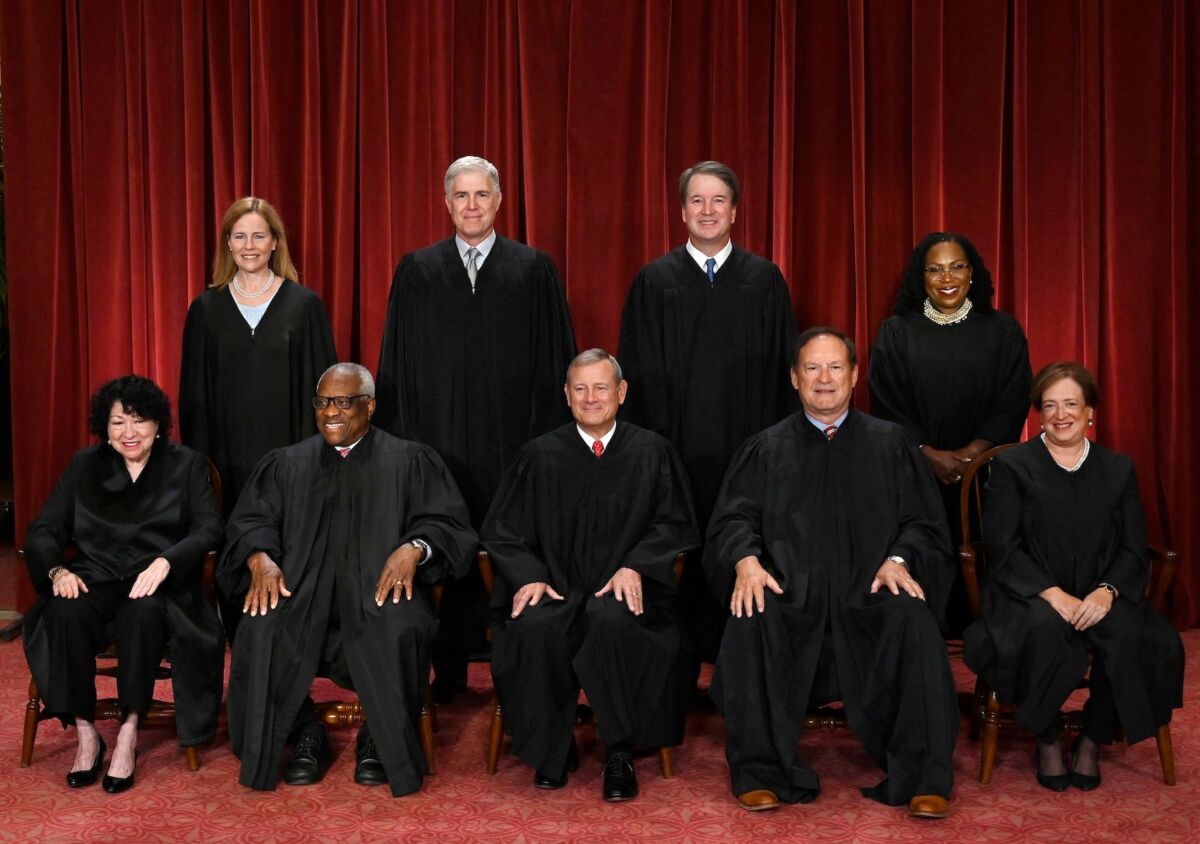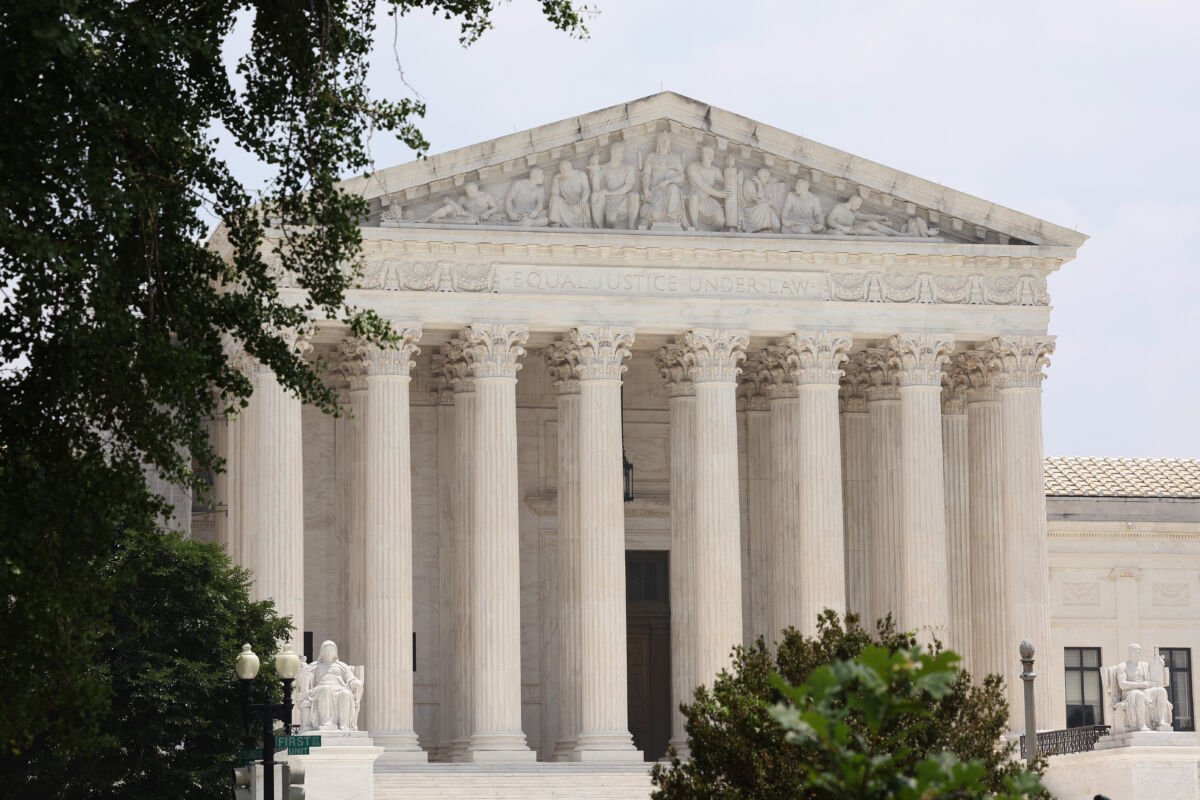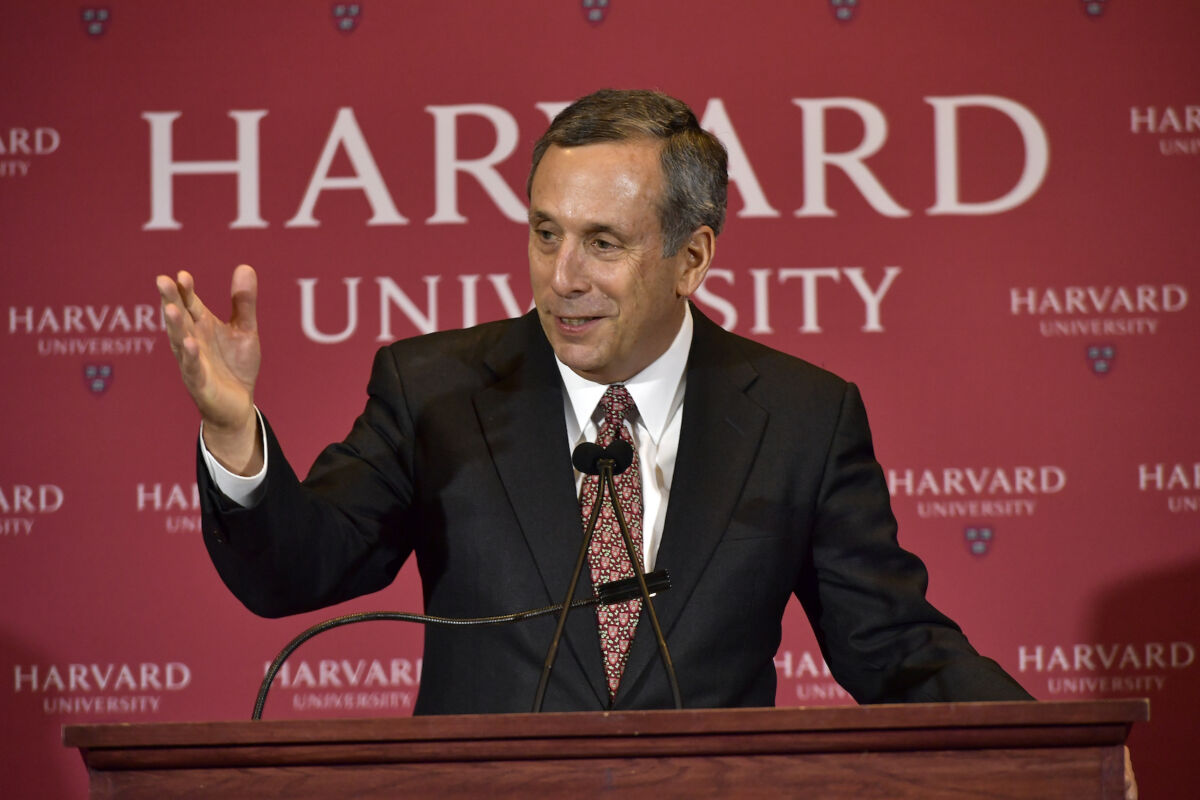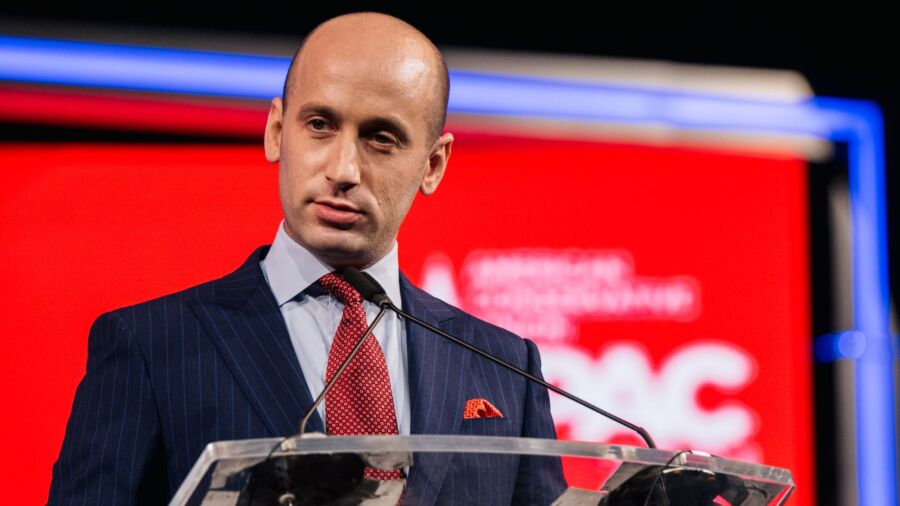The Supreme Court has spoken on the constitutionality of using affirmative action in higher education admissions.
On June 29, the court ruled, in two separate cases, that for colleges and universities to use race in making admissions decisions is unlawful, violating the Equal Protection clause of the 14th Amendment to the U.S. Constitution.
Students for Fair Admissions was the plaintiff in the lawsuits, one against Harvard College (the undergraduate college of Harvard University) and one against the University of North Carolina.
The suits charged that the universities “employed and are employing racially and ethnically discriminatory policies and procedures in administering the undergraduate admissions program.”
The court’s conservative majority prevailed in both cases, with each decided along ideological lines: 6-2 in the action against Harvard University and 6-3 in the University of North Carolina suit. (Liberal justice Ketanji Brown recused herself from sitting on the Harvard case because she is a former member of the Harvard University Board of Overseers.)

Conservative Group Puts Higher Education on Notice
The court’s decision overturned 45 years of law that allowed colleges and universities to consider race in admissions.
But the matter—as those on both sides of the issue contend—is not settled because now the law must be observed and enforced.
Moving fast and out front to ensure that law is obeyed is America First Legal (AFL), a conservative advocacy group that promotes itself as opposing the “radical left.”
Stephen Miller, a former senior advisor to President Donald Trump and White House speechwriter, is AFL’s president. Vice president and general counsel for AFL is Gene Hamilton, who served in the Department of Justice (DOJ) and Department of Homeland Security (DHS) during the Trump administration.
The day after the court issued its decision, AFL sent letters to the deans of 200 of the nation’s law schools, demanding that the schools follow the new law or be subject to a lawsuit.
“I write to inform you of the consequences that you and your institution will face if you fail to comply with or attempt to circumvent the Court’s ruling,” wrote Mr. Miller in the AFL letter sent to John Manning, dean of Harvard Law School.
“You must immediately announce the termination of all forms of race, national origin, and sex preferences in student admissions, faculty hiring, and law review membership or article selection,” wrote Mr. Miller.
Mr. Miller addressed the discussion that higher education, notwithstanding the Supreme Court ruling, still had options to continue to consider race when deciding on who to admit, when choosing whom to hire, and when selecting students for membership to law review.
“There are those within and outside your institutions who will tell you that you can develop an admissions scheme through pretext or proxy to achieve the same discriminatory outcome,” wrote Mr. Miller. “Anyone telling you such a thing is coaching you to engage in illegal conduct in brazen violation of a Supreme Court ruling, lawbreaking in which you would be fully complicit and thus fully liable.”
Mr. Miller emphasized that Harvard would be held accountable if it does not abide by the law.
“You are hereby warned.
“Any such regime—for example, relying on biography over qualifications—to achieve desired racial outcomes is clearly illegal and unconstitutional, and you will face legal repercussions accordingly.”

2003 Supreme Court Case
Edward Blum, president of Students for Fair Admissions, has been on a quest for 20 years to eliminate affirmative action in college admissions. His inspiration for undertaking the mission was the 2003 Supreme Court case, Grutter v. Bollinger, in which the court ruled that it was lawful for the University of Michigan Law School to use “race-conscious admissions” to increase diversity. Mr. Blum was in the courtroom when Justice Sandra Day O’Connor, who ruled with the majority, read her opinion.
Following the Supreme Court decision on June 29, Mr. Blum said he celebrated.
“The Fourth of July celebrates the signing of the Declaration of Independence, which is our nation’s covenantal document,” Mr. Blum told the Wall Street Journal. “These cases are the beginning of the restoration of the colorblind legal covenant that binds together our multiracial, multiethnic nation.”
Universities Respond
Harvard University president Lawrence Bacow, and other members of the university’s leadership, including Mr. Manning, jointly signed a public letter in response to the Supreme Court ruling.
“We will certainly comply with the Court’s decision,” the authors of the Harvard letter wrote.

The Harvard academics added: “We write today to reaffirm the fundamental principle that deep and transformative teaching, learning, and research depend upon a community comprising people of many backgrounds, perspectives, and lived experiences.”
Kevin Guskiewicz, chancellor of the University of North Carolina (UNC), commented on the Supreme Court ruling in a letter addressed to the UNC community.
“While not the outcome we hoped for, we respect the Supreme Court’s decision and will follow its guidance,” wrote Mr. Guskiewicz.
The chancellor continued: “I know that this decision may raise questions about our future and how we fulfill our mission and live out our values. But Carolina is built for this, and we have been preparing for any outcome.
“Our leadership team will need time to thoroughly review the details of this outcome and its potential impact before determining specifically how we will comply with this decision.”
From The Epoch Times


